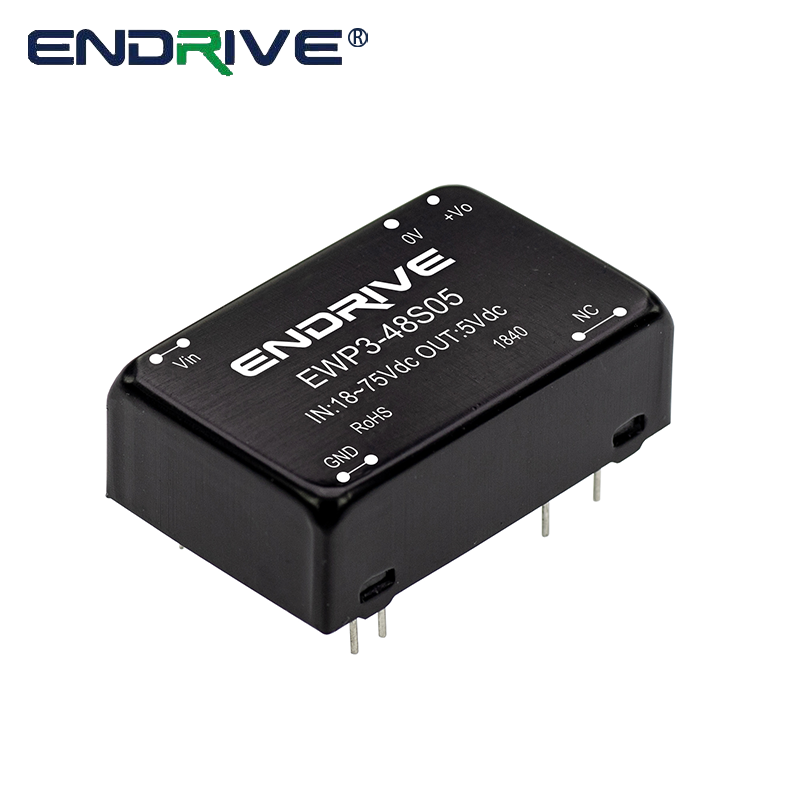With the development of the electronics industry, the requirements for power supply are smaller and more reliable. With the advancements in high-frequency soft switching technology, semiconductor technology and packaging technology, the power density of power modules is getting higher and higher, the conversion efficiency is getting higher and easier to apply.
What are the advantages of power modules compared to discrete solutions? In addition to saving costs and development time, adopting a power module solution also has multiple advantages.

Advantages of power modules:
1. Simple design
There are many types on the market, including AC-DC, DC-DC, high voltage and other modules. You only need to choose a suitable power module and use it with a small number of discrete components. The module has high integrated circuits, making the design more compact, and suppliers can also provide professional technical support and system solutions. The discrete ones are that manufacturers can provide important data such as model, peripheral circuit, and module parameter curves.
2. Save cost and time
The power supply module has a variety of input and output choices, and can be added repeatedly or cross-added to form a building block-type combined power supply, thereby realizing multiple input and output. Compared with discrete methods, debugging is simpler and safer, greatly simplifying design and application and shortening development time.
3. High reliability
The module generally adopts automated processes to ensure quality and reliability. The power supply module has been selected by a professional power supply research and development team according to strict standards, and has been designed and developed, and has undergone complete reliability testing and mass production testing. However, discrete solutions are more difficult to conduct in-depth testing.
4. High power, density, efficiency
The module generally uses a multi-layer PCB back aluminum substrate, which has a high power density and a small volume, saving the system's space. Currently, the 1/4 brick of DC-DC module is as high as 1000W, and it is difficult for discrete solutions to meet such standards.
5. Easy to maintain, flexible design
In product applications, if there is a failure, simply replace another module and work properly. If you need to change the plan during the design, you only need to change the modules in it, without modifying the overall power supply circuit.
6. Widely used
It has been widely used in many fields such as instruments, automotive electronics, rail transit, data communication, industrial automation, smart home, aerospace, military industry, scientific research and experiments, ships, metallurgical mining, power systems, medical electronics, security monitoring, new energy, petrochemicals, handheld electronic equipment, etc.
The function of the power module:
The main function of the power module is voltage conversion, which can convert AC or DC into the AC or DC you want. For example, converting the mains 220V alternating current (AC) into 5V direct current (DC), because the AC 220V electricity is high voltage, while electronic products are powered by low voltage, this requires a conversion device to convert the AC 220V voltage into low voltage.
A simple understanding is that it is similar to a power adapter. Your electronic products need to be plugged in to run normally, but you can't directly connect to 220V for use, because this will cause the product to burn, so a special conversion device is needed.